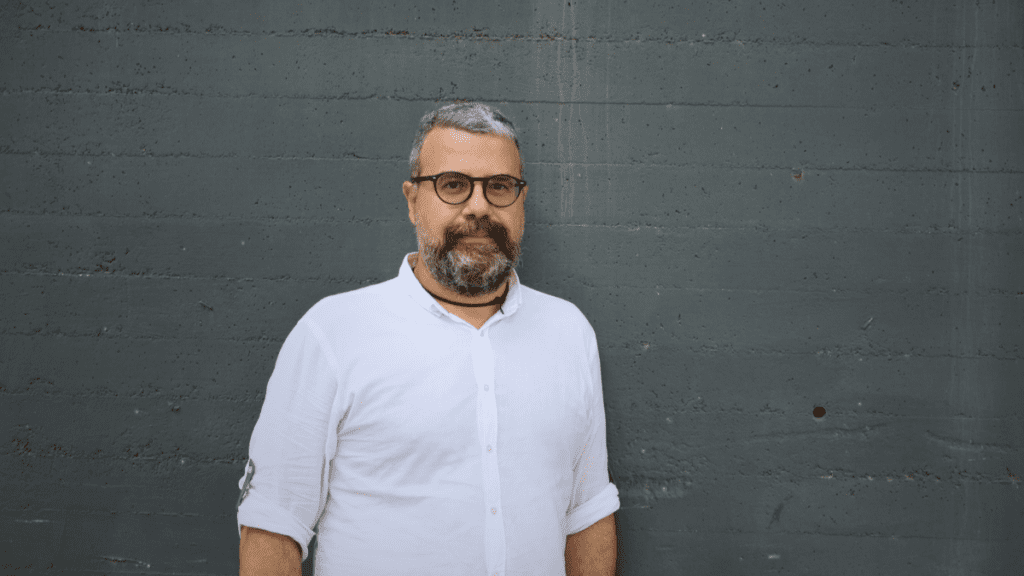IBEC researcher Giuseppe Battaglia has received an ERC Proof of Concept Grant. It is a prestigious funding awarded by the European Research Council to explore the commercial and societal potential of research projects at European institutions. Battaglia’s project focuses on the development of novel nanomedicines to identify anti-inflammatory therapies and will be funded with 150,000 euros for 18 months.

Giuseppe Battaglia, an ICREA research professor and leader of the Molecular Bionics group at IBEC, has been awarded an ERC Proof of Concept Grant. This is a prestigious funding granted by the European Research Council (ERC) that aims to explore the commercial and social potential of research projects that are or have been previously funded by the ERC.
In Battaglia’s case, he had already received two ERC grants, a Starting Grant in 2011 and a Consolidator Grant in 2018, whose funding ended this year.
The project for which he has received this new grant is entitled “metabolic anti-inflammatory nanomedicines” (MAIN) and will be dedicated to the development of novel nanomedicines to identify anti-inflammatory therapies.
Inflammation is a characteristic defensive element of the immune response. However, when it is out of control, it causes serious short- and long-term damage becoming a pathological feature of several diseases, such as autoimmune disorders, cancer, and neurodegeneration. Therefore, inflammation is one of the most important pharmacological targets.
With the MAIN project, Battaglia and his team propose to design new nanodrugs that act directly on the master regulators of inflammation, thus preventing the nocive effects of the out-of-control immune response. These drugs are micelles or vesicles that encapsulate within them molecules that occur naturally in the body and can activate the ability of cells to control inflammation. Specifically, with this drug, they seek to target pro-inflammatory macrophages to reprogram them with anti-inflammatory action.
There are several steps to follow during the 18-month project. The team will synthesize different formulations of nanodrugs to study which is the most optimal and will validate them in vitro and in vivo with models of autoimmune disorders – diabetes, rheumatoid arthritis, and multiple sclerosis -. Finally, these data will be used to be able to file for several patents, in addition to exploring the possibility of creating a start-up company that will allow them to continue working to bring this technology to clinical application.





